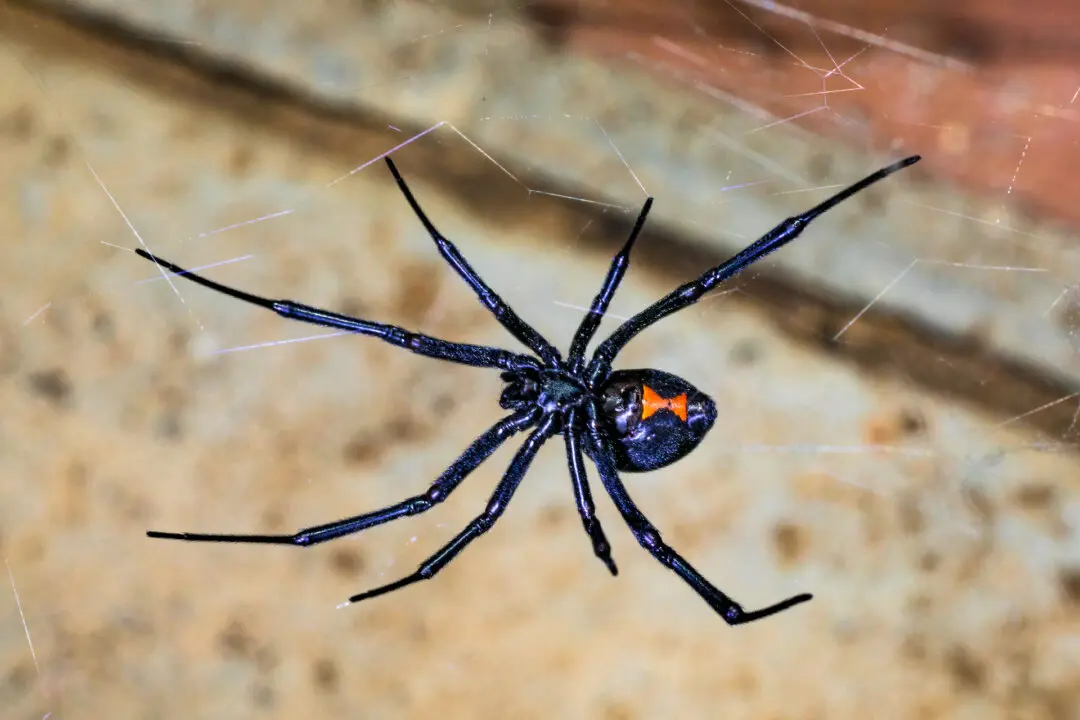Q: I love my dog, Jack, and my cat, Annie. They are important members of my family, and I want to keep them with me as long as possible. What are the best ways to help them live long, healthy, happy lives?
A: This is the ideal time to make your New Year’s resolutions about pet care.





